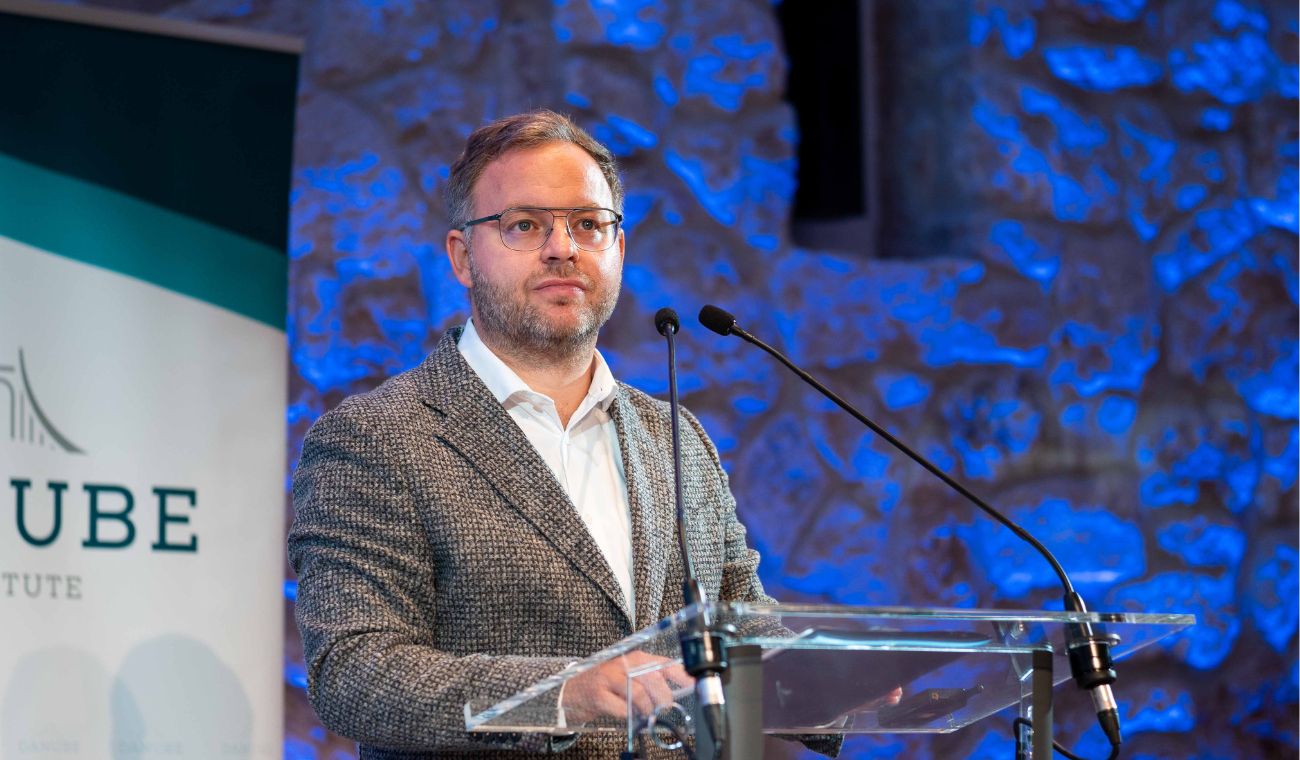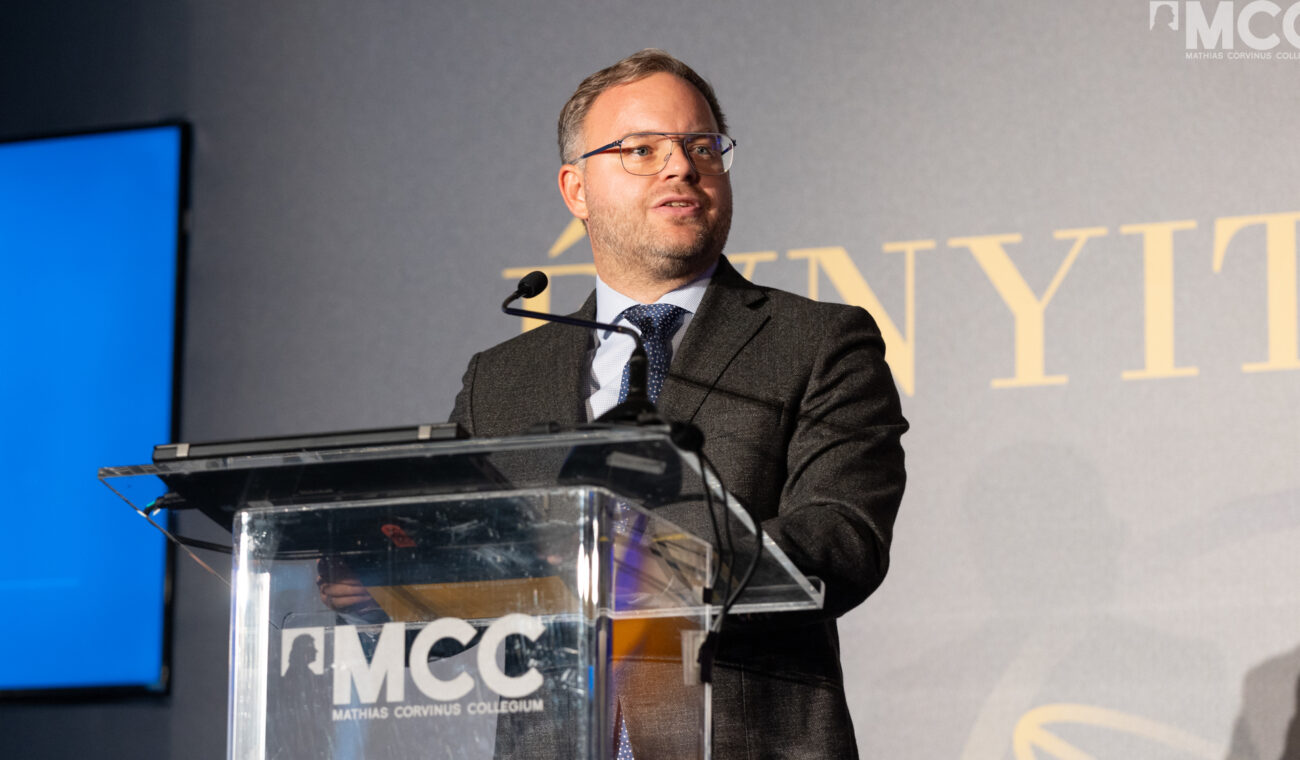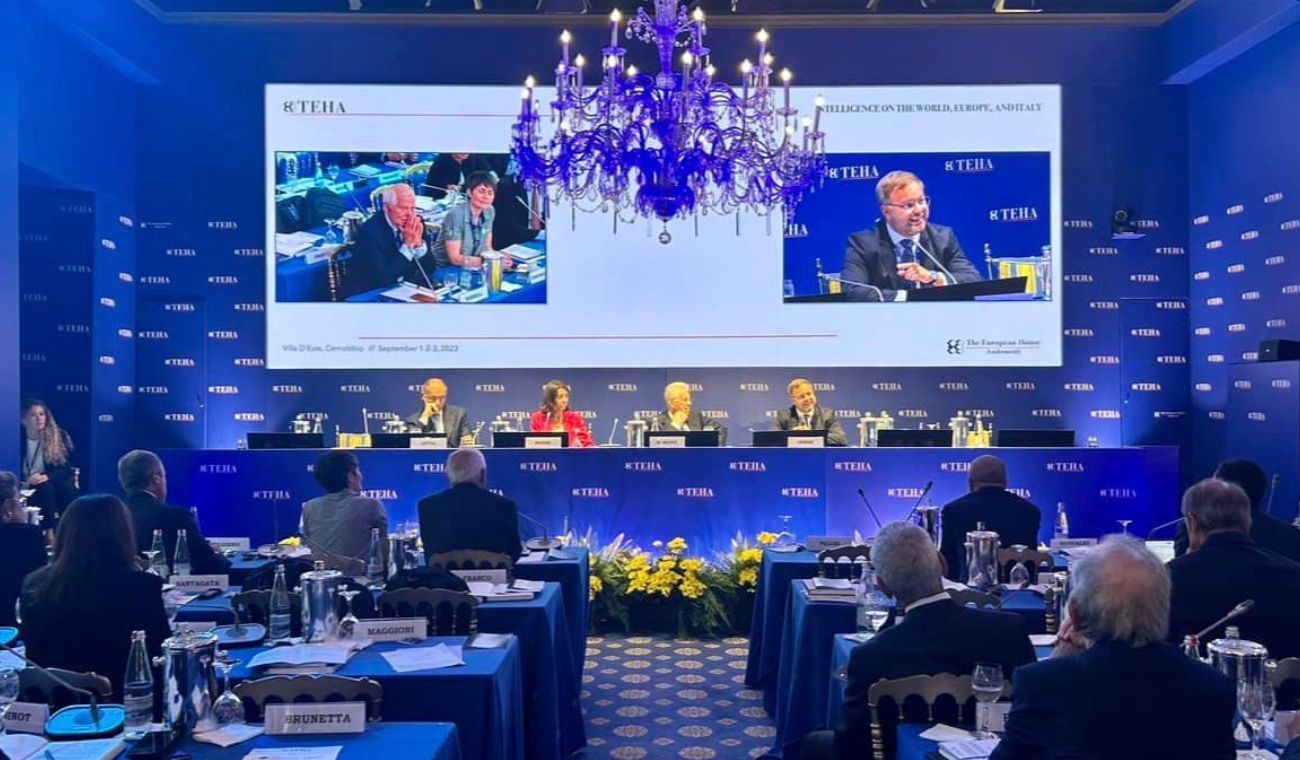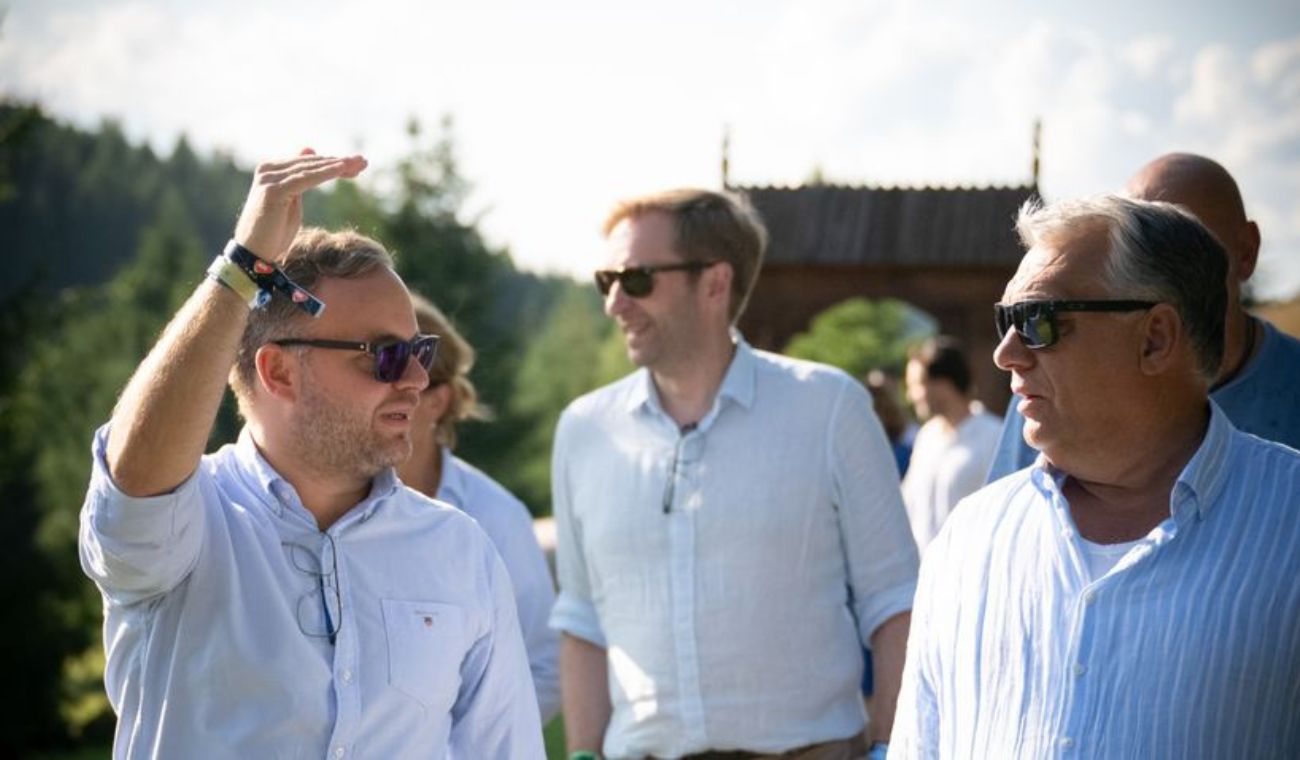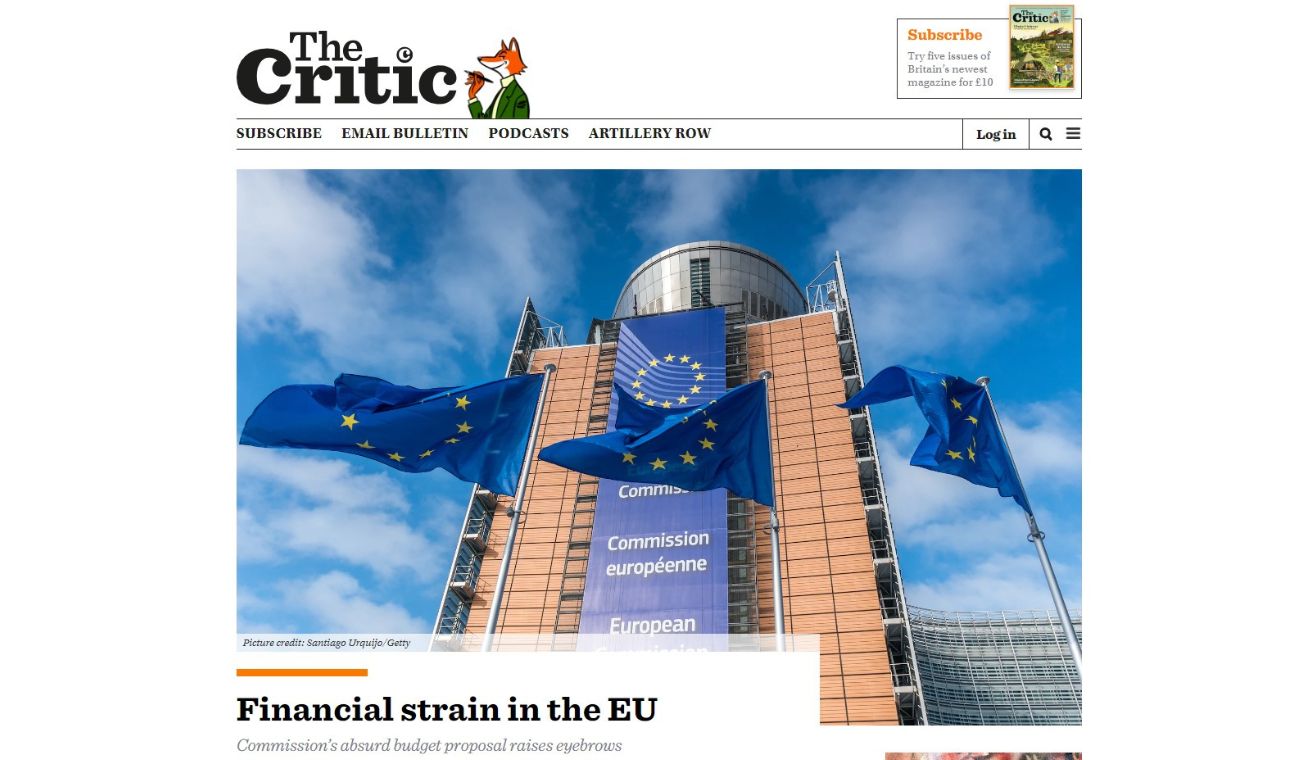3rd Danube Geopolitical Summit keynote speech
Dear Mr. President Klaus, Distinguished Guests, Ambassadors, Dear Friends, Ladies and Gentlemen, Friends from Heritage Foundation, form Danube Institute, welcome and good morning. I am really happy to be here today. It is an honor to me to be with you and make the keynote speech on the second day. If I can be honest with you, I was not sure if I should accept this invitation. But ultimately I came to the conclusion that there is no better opportunity than this to engage in an
MCC 2023/24 opening ceremony speech
Greetings, professor! Greetings to the board members, the teaching staff, and the students of MCC! In preparing for this occasion, my aim at first was to encourage everyone with some inspiring, striking thought, preferably about the academic year ahead of us, full of challenges and achievements. About how good it is to use our talents, so that we can become our best selves, and other such things that one says at events like this. Then I came across a quote from the great musician Zoltán Kodály
POLITICO’s Brussels Playbook briefing
With less than a year to go before the EU election, leaders from Spain to Germany have over the past weeks signaled that Commission President Ursula von der Leyen is in pole position to secure the nomination for another term at the helm of the EU executive, if she wants it. Von der Leyen faces an uphill battle to convince Hungary’s Prime Minister Viktor Orbán, who’s clashed with Brussels over Hungary’s misuse of EU funds and over sanctions against Russia. Orbán’s Political Director, Balázs Orbán,
MCC Feszt After | Tucker Carlson
One of America's most influential conservative political commentators has once again returned to Hungary. Tucker Carlson took the stage at Millenáris Park, at MCC Feszt After, an event jointly organized by Mathias Corvinus Collegium - MCC and Mandiner. After delivering his speech, Balázs Orbán, Chairman of the Board of Trustees of MCC, had a conversation with him https://youtu.be/uyqUmdblvhQ?si=fVXk4IhOuAH6VH5t
The Critic: Financial strain in the EU
Merely two years into the EU’s 7-year budget the European Commission has raised eyebrows by requesting an additional 98.9 billion euros from EU Member States. Citing depleted financial resources due to the war in Ukraine, migration crises, and unforeseen shifts in the financial markets, Brussels seeks increased contributions from Member States to address the needs of the Union. This request comes as a surprise as it exposes a lack of budget management by the Commission and raises significant concerns. Given the financial difficulties faced
Baku Dialogues: A Model for Connectivity Hungary’s Strong Bond with the Turkic World
For more than one thousand years, Hungary has existed in the heart of Europe, drawing from our rich history and unique geographic location. Sovereignty has emerged as a cornerstone of our national strategy, influenced by our past and our geography. While we align ourselves with the West, we also cherish our Eastern heritage. Taking a pragmatic approach, we strive to build meaningful connections and engage with the non-Western world. Balancing our Western ties with our Eastern roots, Hungary seeks to foster productive relationships and promote connectivity
Euronews: The true strength of the European Union lies in its diversity of opinions
We cannot allow select countries to impose their will on others on critical issues of war and peace, such as the imposition of sanctions or the financing of weapons, Balázs Orbán writes. In an open letter published in Politico on 12 June, seven EU foreign ministers proposed a shift towards the greater use of qualified majority voting, QMV, in the block's Common Foreign and Security Policy. Accepting such a proposal would not only endanger national sovereignty but also undermine the strength of the EU. Primarily, a country's
